Graham Reid | | 4 min read
The Alaev Family: Imshab Shabi
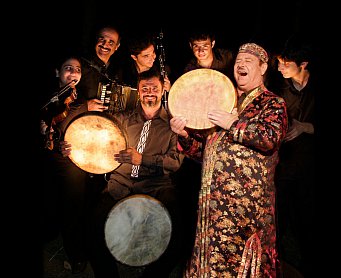
Interviewing world music artists is often interesting, sometimes fun and frequently frustrating. Speaking to Amin Alaev of the Alaev Family – who play the Taranaki Womad – is all three.
First of all he's in a phone shop because his mobile is going to die on him any minute, and second he speaks little English beyond a few polite sentences so we go through the group's charming co-producer Yvonne Kahan (who came to New Zealand's Womad in '89 with her artist Arab/Jewish Iraqi oud player Yair Dalal).
And between my question, her translation, his reply and her back to me there are bleeps and stutters, strange punctuations of disembodied music which sounds like an exotic ringtone and sometimes unnerving silences. (“Hello Amin, are you still there?”).
But between us we pull it off and it's another victory for the decreasing size of the global village.
He was born in Tajikistan, she in Norway and me in Scotland, they are in Israel and I am in New Zealand. But what we have in common in the planet's universal language: music.
The Alaev Family are three generations of Tajiks who play traditional, percussion-driven music and are are lead by their founder, 80-year old Allo.
Amin, to whom I am speaking (sometimes) is 50 and one of his sons, and in the group are Allo's grandchildren.
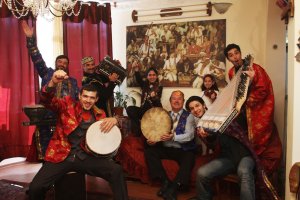 Much of the music they play is from the
Jewish Tajik/Bukhara tradition – Jewish tribes have been in their home
region and Uzbekistan since the Roman era – and in '91 the family
relocated to Israel. Which means the new generation are influenced by
a much more contemporary world.
Much of the music they play is from the
Jewish Tajik/Bukhara tradition – Jewish tribes have been in their home
region and Uzbekistan since the Roman era – and in '91 the family
relocated to Israel. Which means the new generation are influenced by
a much more contemporary world.
But the family -- ranging in age from 15 to 80 -- has gone along with it and their debut album in 2011 was co-produced by Kahan and New Yorker Tamir Muskat (who gets artist co-credit on the cover) of Balkan Beat Box.
The result is a rhythm-driven fusion of traditional and urban beats with Turkish clarinet, accordion, Armenian horn and gypsy violin.
More connections in the global village.
Through Kahan, I ask about that unique tradition in many countries of music being a family tradition, but if Amin wanted to be an engineer or an architect, could he be? Or was he always destined to be a musician.
“If I wanted to be something else I would be,” he says, “but primarily I would be a musician. If I had wanted to do something else I would do that on top of being a musician. But the thing that gives the most joy in life is music, so music would be my first choice and priority.”
And is the Jewish music tradition in the region a very separate tradition from other music in Tajikistan?
“Well, the music all has many similarities so it is all very much the same, except for the language because the dialects are different so the singing will be different. Also the Jewish people have their hymns and those texts from the tradition so they are in addition to those from Tajikistan
“In Tajikistan we used to play for weddings which were not for Jewish people, we would play for Muslim weddings even.”
Is the music of the family a written music or is it an oral/aural tradition?
“Some of it oral but today all those tunes are written down, many of them were written after we emigrated to Israel. Many of the children in the family have conservatory training as well, a classical training, so they read music. But most of the music comes from the oral tradition and some of the tunes are more modern.
“It is not all necessarily old.”
So a song like Imshab Shabi sounds very old, is that traditional?
“Yes that is a traditional wedding song, very very old and we don't even know how old it is. It has a different original title but we rearranged to make it more modern. But you are right, it is very old.”
Given that Tamir Muskat – Israeli-born but of a thrash metal and rock background and now resident in New York – co-produced the album, did his approach in the studio change the music from that which the group would normally play on stage and in traditional settings?
As co-producer Kahan answers this question for Alaev whose phone is increasingly cutting out.
“The approach that Tamir had to it,” she says, “remained close to the original sound and was not to change it that much, just to push it up and get a more communicating beat. But it was really minor changes.
“This was my idea too and that's why I waited a long time to find the right producer to do this, because many times a music can be changed and we don't feel the essence of the music.
“So Tamir left it quite similar to the original style and we did it live in the studio.”
The grandchildren have of course been in Israel for 22 years and they have grown up in a different world from their grandfather, so we have to ask is the music changing because of that?
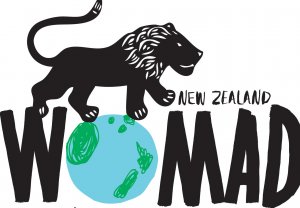 “Yes,” she says, “because they
are all influenced by other music, this new music, and the only place
they have the traditional music is in their home. They all have
classical training but they also play with pop and rock musicians, so
yes the music has changed.”
“Yes,” she says, “because they
are all influenced by other music, this new music, and the only place
they have the traditional music is in their home. They all have
classical training but they also play with pop and rock musicians, so
yes the music has changed.”
There is a weird electronic bleep and Alaev's panicking voice says “My phone is going . . . but I will see you in New Zealand, okay”.
And on the other side of the global village a phone dies . . .
Womad Taranaki, New Zealand: March 15 -17 2013. For more on Womad 2013 artists at Elsewhere see here. The Womad website for ticketing and information is here.


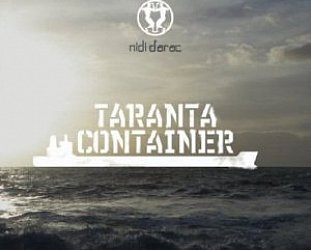
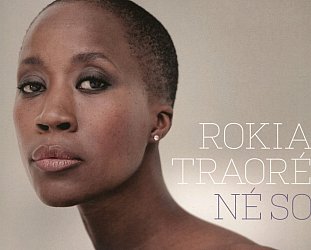
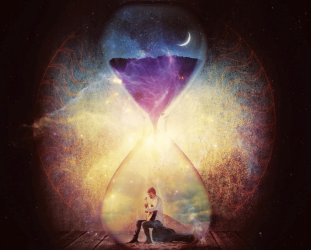

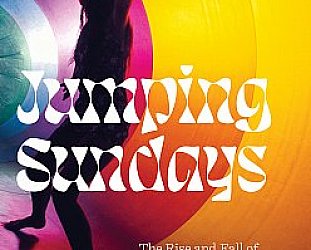
post a comment